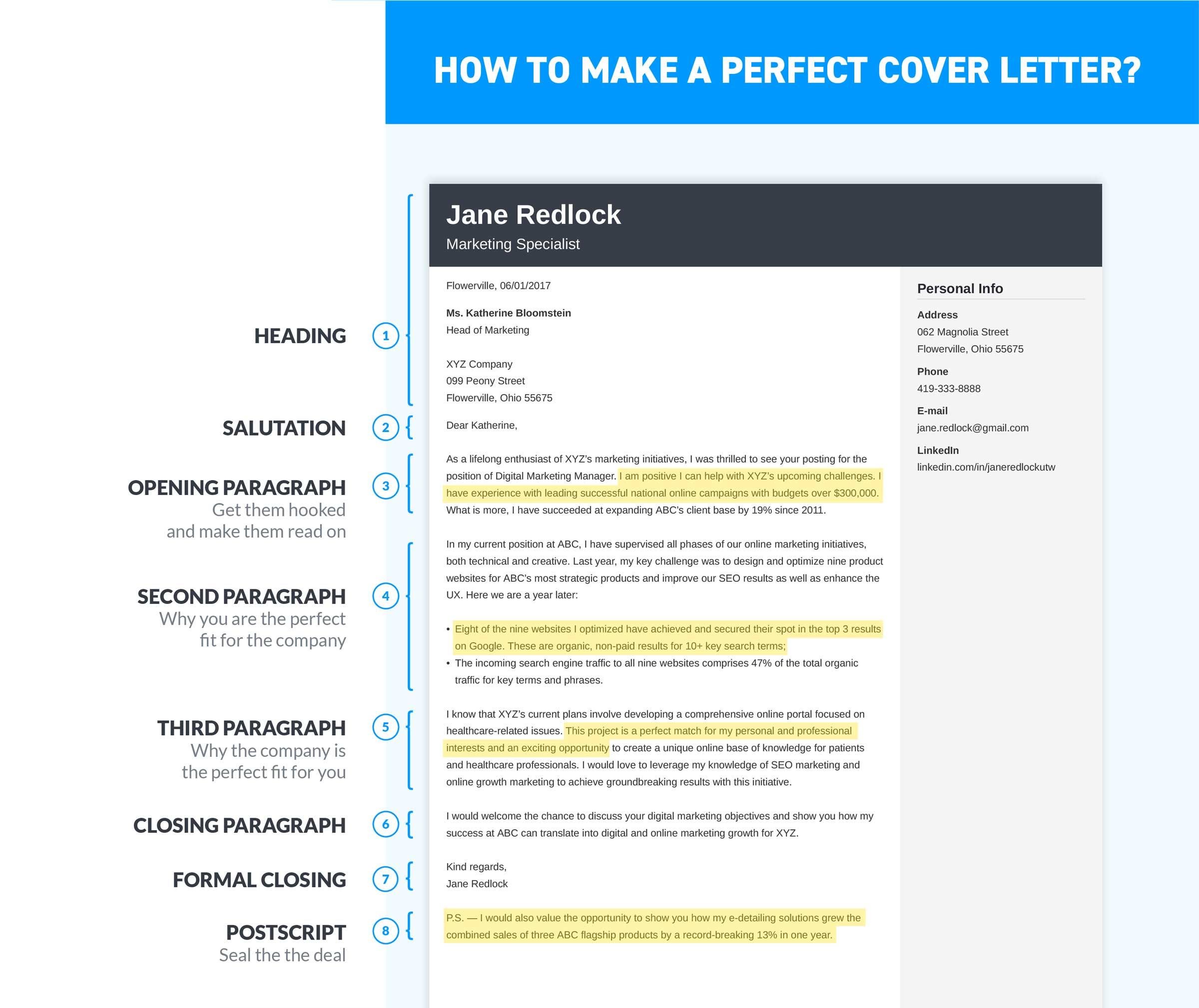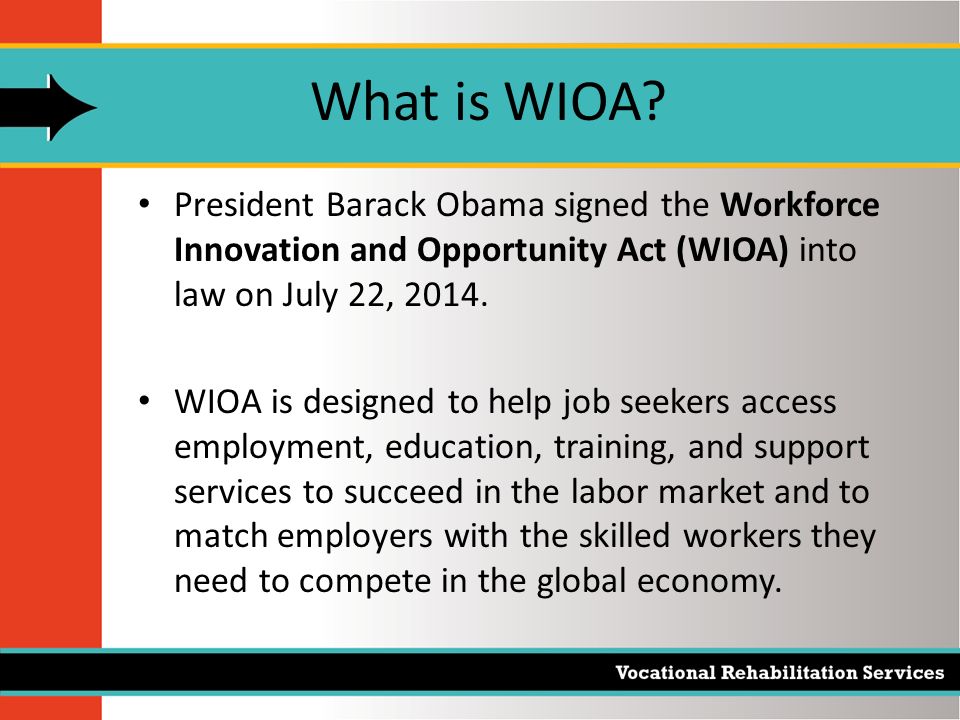Introduction and Style
More formal introductions such as “To Whom It May Concern:” or “Dear Sir or Madam,” can come across as too stuffy for some organizations, while greetings like “Hey!” and “Hi there,” are almost always too casual for a cover letter.
Lead with a strong opening sentence. “Start with the punch line — why this job is exciting to you and why you’re right for it,” says Glickman. For example, you might write, “I’m a network security professional with more than 15 years of experience and I’d love to bring my expertise and enthusiasm to your growing development team.” Chances are the hiring manager or recruiter is reading a stack of these, so you want to catch their attention.
Humor can often fall flat. Stay away from common platitudes, too. Say something direct and dynamic, such as “Before you read any further, let me draw your attention to two reasons why you might want to hire me….” If you have a personal connection with the company or someone who works there, also mention it in the first sentence or two






